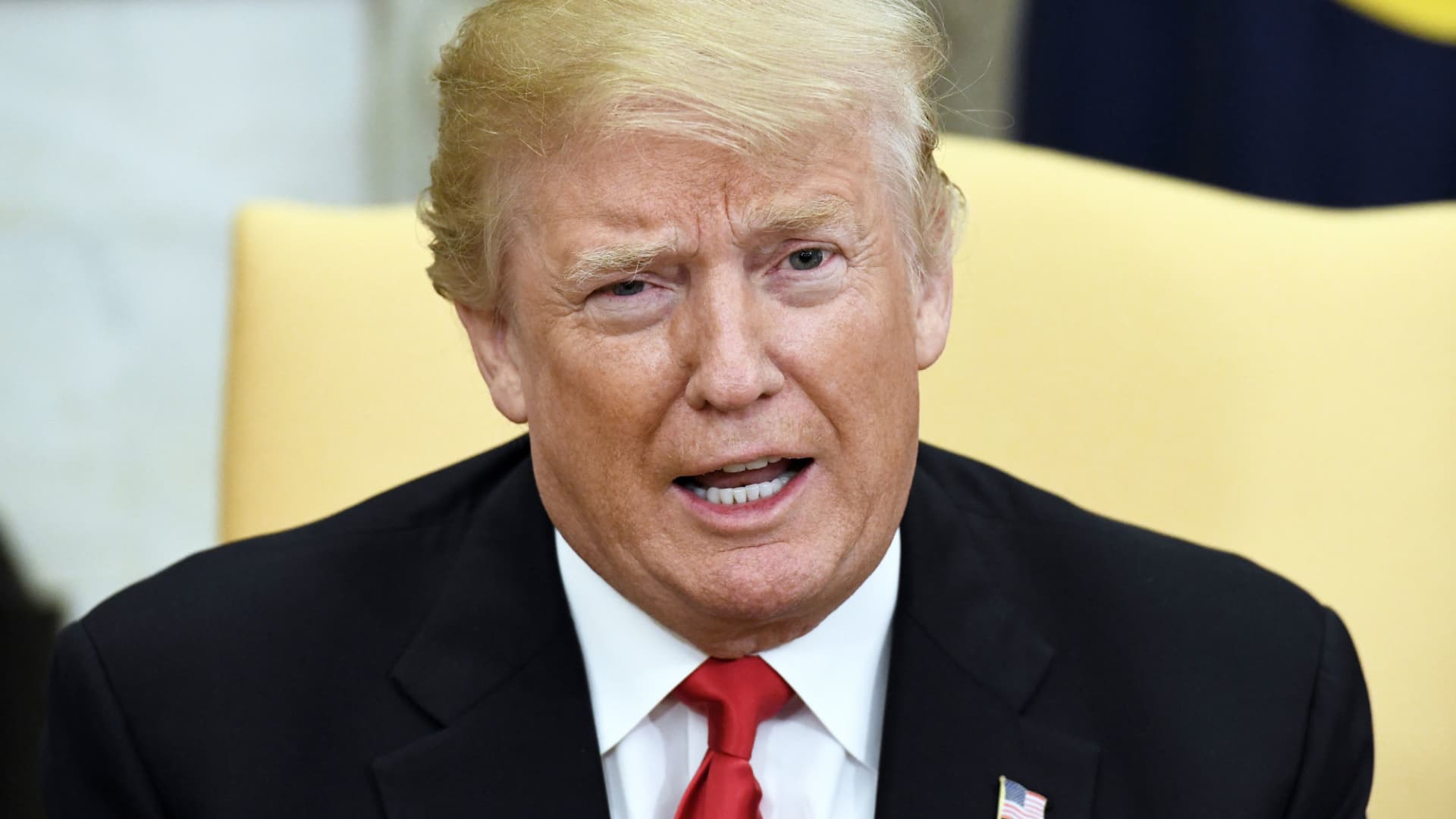I have concluded that MAGA GOP, aka "The Trumpers", have certain cerebral handicaps: unable to see the world as a statistical manifestation, unable to see the difference between a judicial determination and the Truth, unable to remember enough 20th century history, and unable to cross-verify facts, and actually make decisions based on quantitative appraisals -- measurement -- of the facts. For that particular topic -- the list goes on. Specific to this SVB failure, I add the inability to recognize sources of multiple causation. In fact, those people seem unable to see accurately the true causes of anything.
So I have some evidence that some Trumpers are in a panic to withdraw money from their bank accounts, some choosing to buy gold with it. If there was ever a Lemming horde capable of creating and then fulfilling its own prophecy, seek to find it within the Trumpers.
Adjusting the interest rate was always a tool used by the FED to moderate inflation. There was a time in the 1970s and 80s when interest rates exceeded 10%. But now, they've never been much lower, and the increases enacted by the Fed are incremental. Yet, the chicken-littles are concluding that this single cause -- inflationary changes in interest rates -- are going to cause all the banks to fail. "It's the BIG GOV-MINT, fouling everything up!" they will say. "And don' trus' them experts! They're all part of the deep-state plot to ruin our lives and enslave our cheel-drun!"
There are many advantages to having modest means. For me, right now and at my septuagenarian age, I feel comforted that my liquid assets total less than $250,000, or otherwise -- that I have the assets distributed among two or more banks.
I'm going to sit here, fix a nice warm dinner, wrap up in a blankie to ward off the California cold spell, and watch the Chicken-Littles on TV get all worked up about pending doom. Then -- switch to a streaming channel with some war or horror movie to assuage my stress.

 www.cnbc.com
www.cnbc.com






